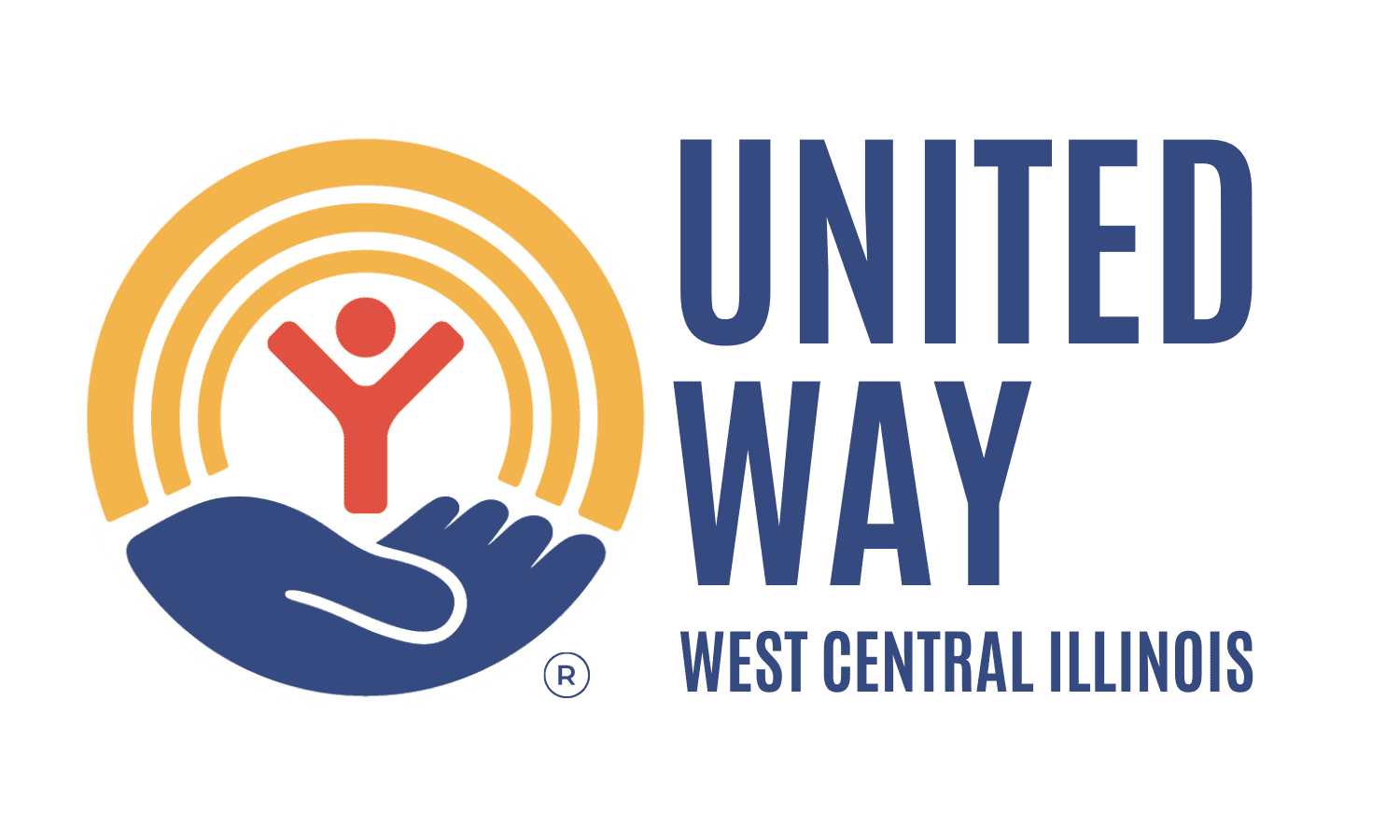Are you changing jobs soon? If so, you’ll obviously be interested in your new salary — but you’ll also want to look at other financial considerations.
Here are some of the most important ones:
• 401(k) — If you had a 401(k) plan through your previous employer, you’ll need to decide what to do with it once you’ve joined a new employer. You could just cash it out, but you’d pay taxes and possible penalties. You could leave your 401(k) with your previous employer, if allowed, and if you have been happy with your plan’s performance. Or you could move your 401(k) into your new employer’s plan, which might be a good choice if the new plan has lower fees and attractive investment options. You’d also want to ask whether the new employer offers matching contributions. Finally, you could roll over your old 401(k) into a traditional IRA, which would give you more investment choices.
• HSA/FSA — If your new employer offers a health savings account (HSA) as part of a high-deductible health plan, you may want to take advantage of it. Your contributions are made with pre-tax dollars, your earnings generally grow tax deferred and your withdrawals are tax free, as long as they’re used for qualified medical expenses. Plus, you can carry unused funds through retirement, when you can still use them for qualified medical expenses. Your employer might also offer a flexible spending account (FSA), which can pay for a variety of health care costs, such as deductibles, co-payments and co-insurance. Generally, if you’re contributing to an HSA, you can’t fund an FSA in the same year, except for a limited purpose FSA.
• Waiting period for health benefits — You’ll want to ask your new employer if there’s a waiting eligibility period to enroll in its benefits plan — health insurance, dental, vision, and so on. If so, you may need to get COBRA coverage for a few months to stay in your old plan, unless you can be added to a spouse’s plan. When you go on your new employer’s health care plan, make sure you know what it covers. Depending on your situation, you might want to add supplemental health insurance.
• Life insurance — When you leave a job, your employer-sponsored life insurance will end, unless you have the option to convert your group term life policy into an individual permanent cash value policy. So, you’ll want to be sure your new employer offers at least the same insurance coverage as your old one. But you should also determine whether the group policy offered by your employer is sufficient for your needs. Depending on several factors, such as your income, spouse’s income and family size, you may need to supplement your employer’s policy with an individual term life insurance policy.
• Other benefits — Review your new employer’s benefits package carefully to see what’s available. Many employers offer tuition reimbursement for their employees, and some even provide college planning assistance for employees’ children. For example, your employer might offer matching contributions to a tax-advantaged 529 education saving plan, which can be used for college, some K-12 expenses and some trade/vocational school programs.
Changing jobs can provide you with an opportunity to expand your career, learn new skills and broaden your social network. And it can certainly be financially rewarding, too — so make sure you know all the benefits involved.
***This article was written by Edward Jones for use by your local Edward Jones Financial Advisor***















